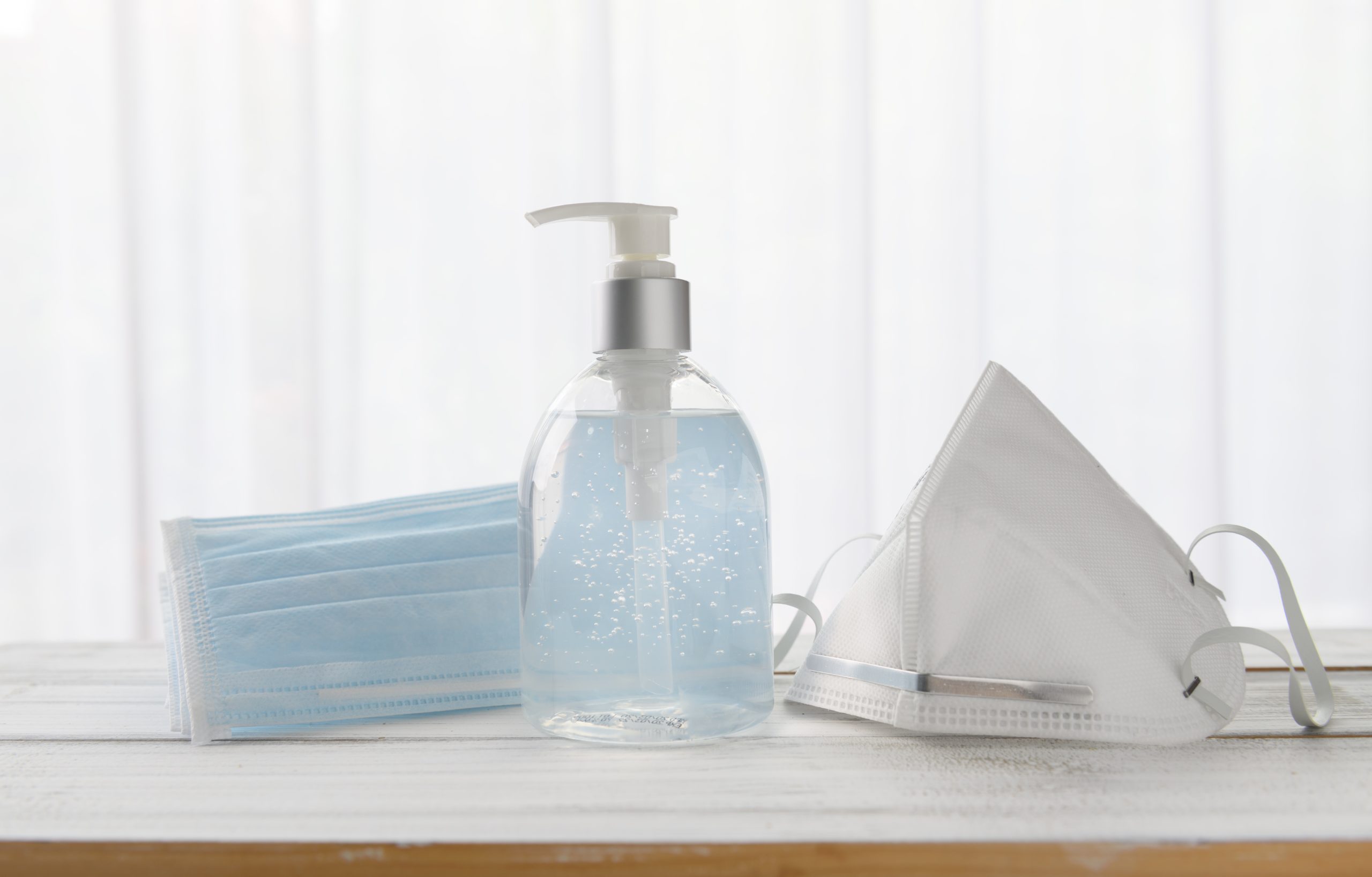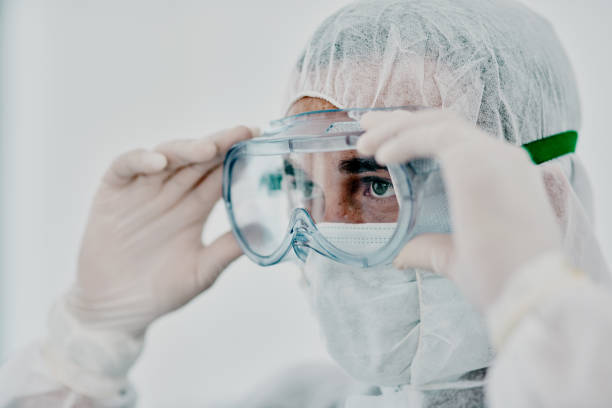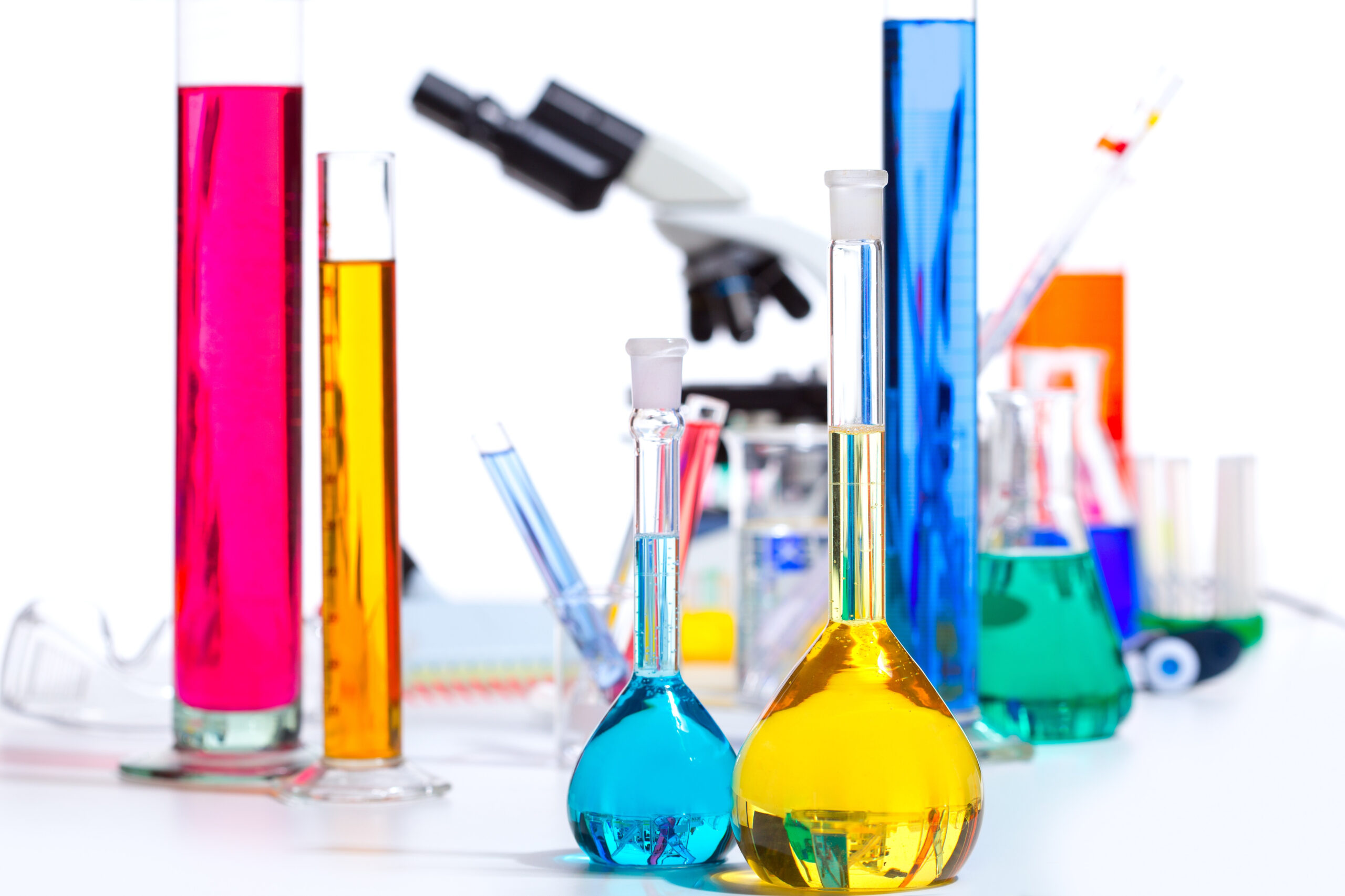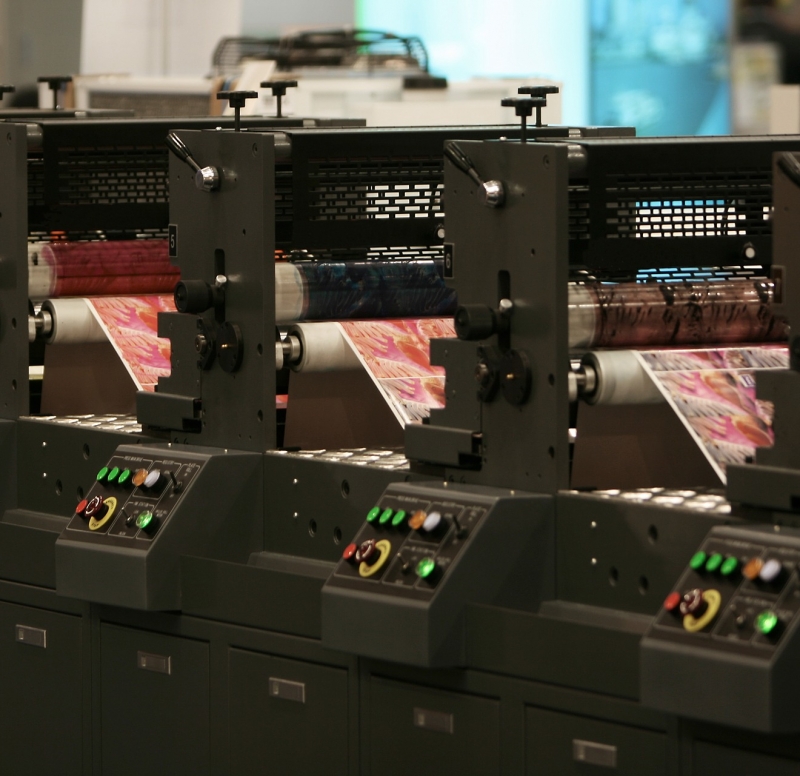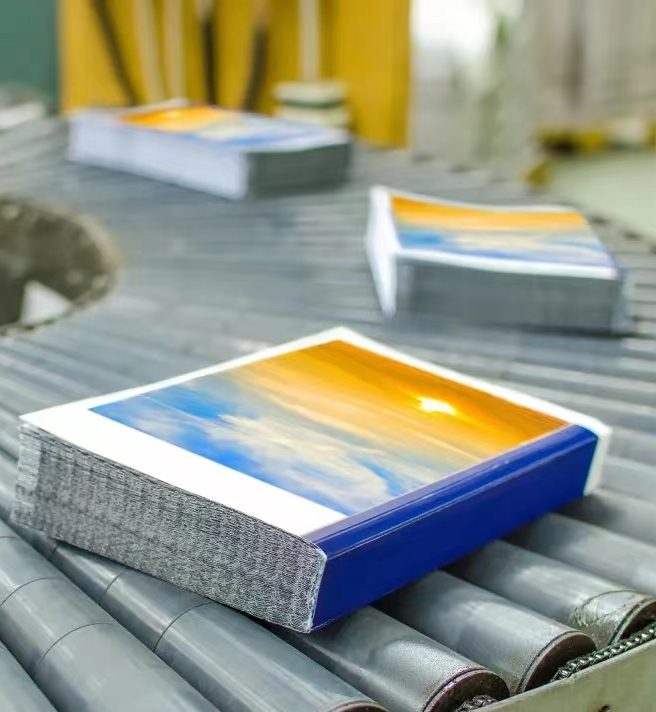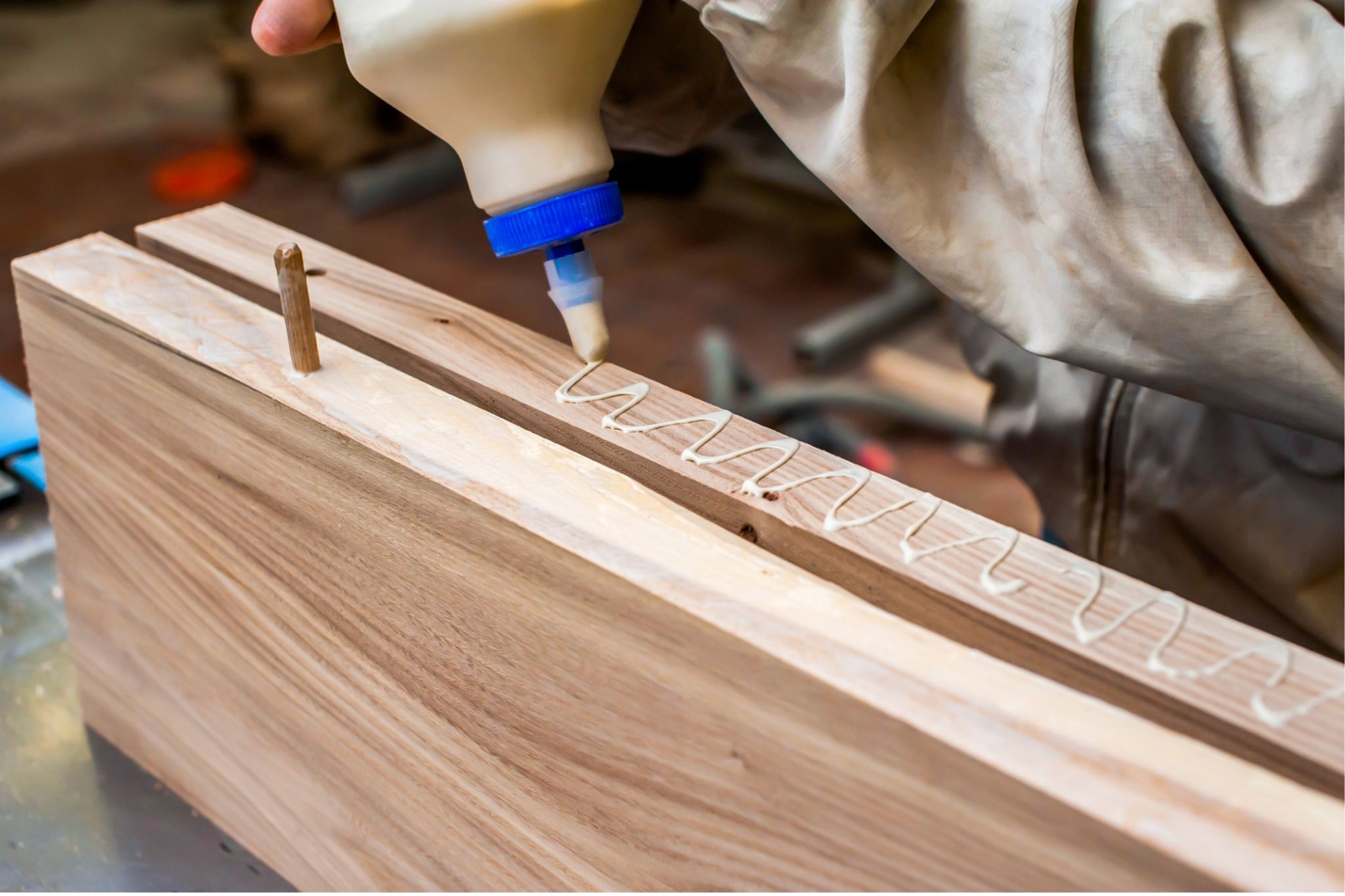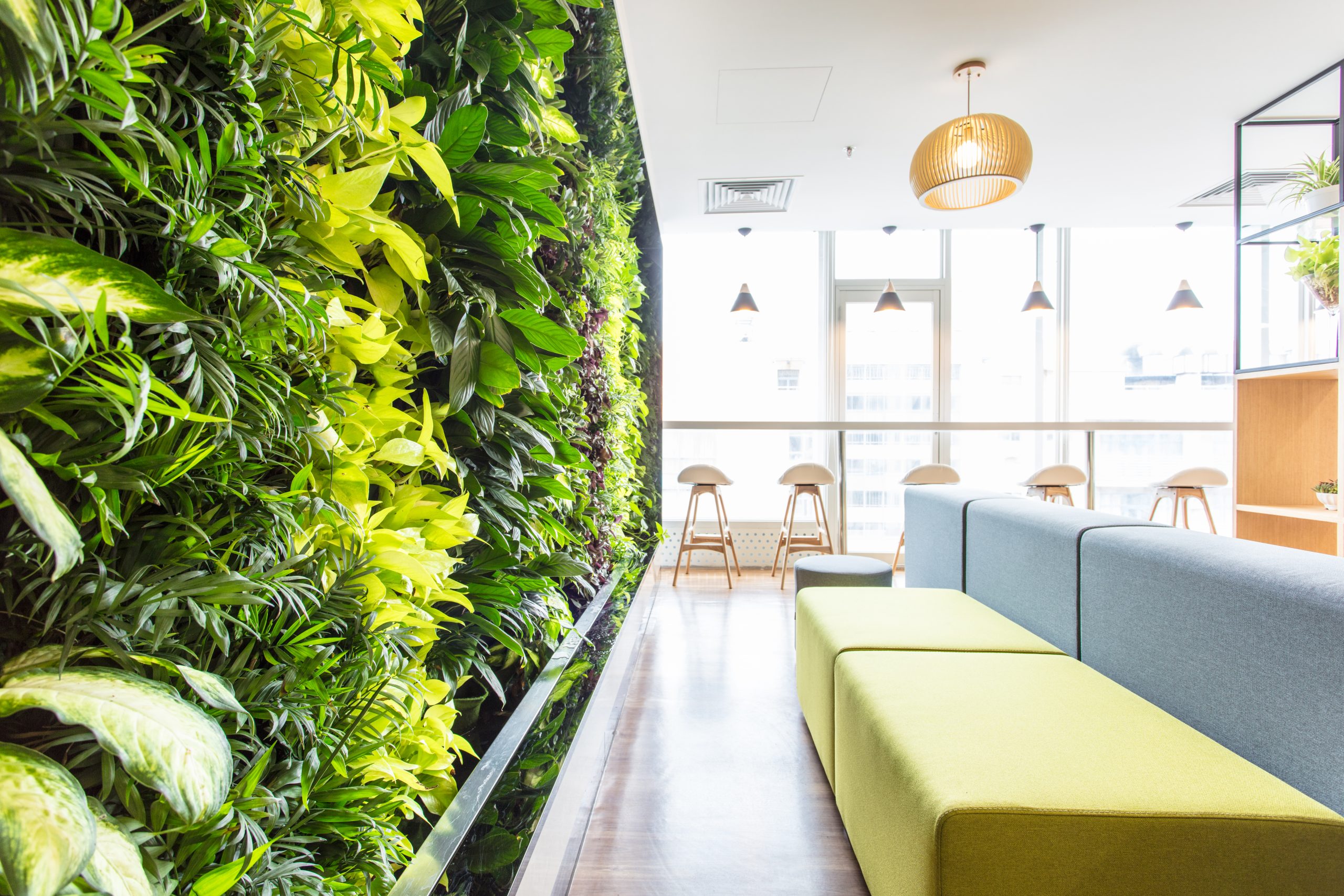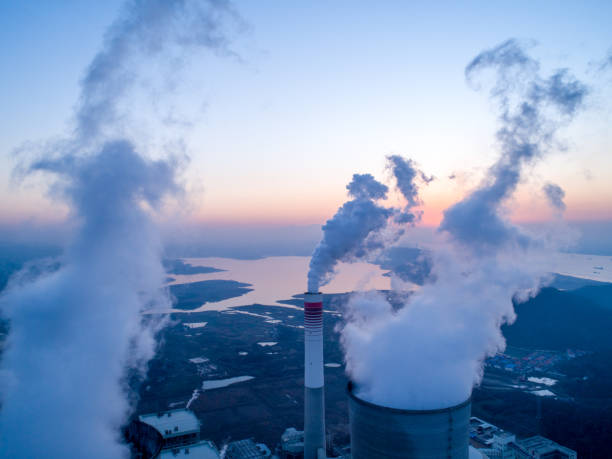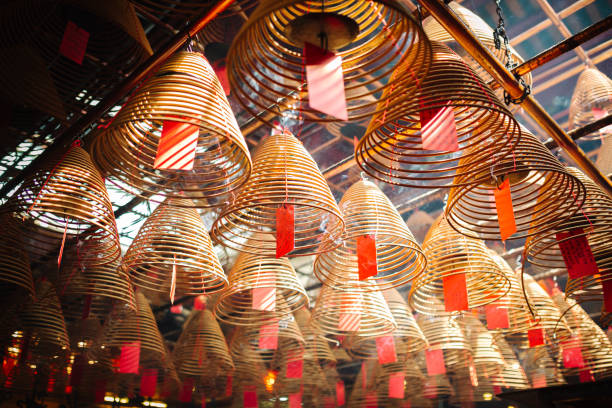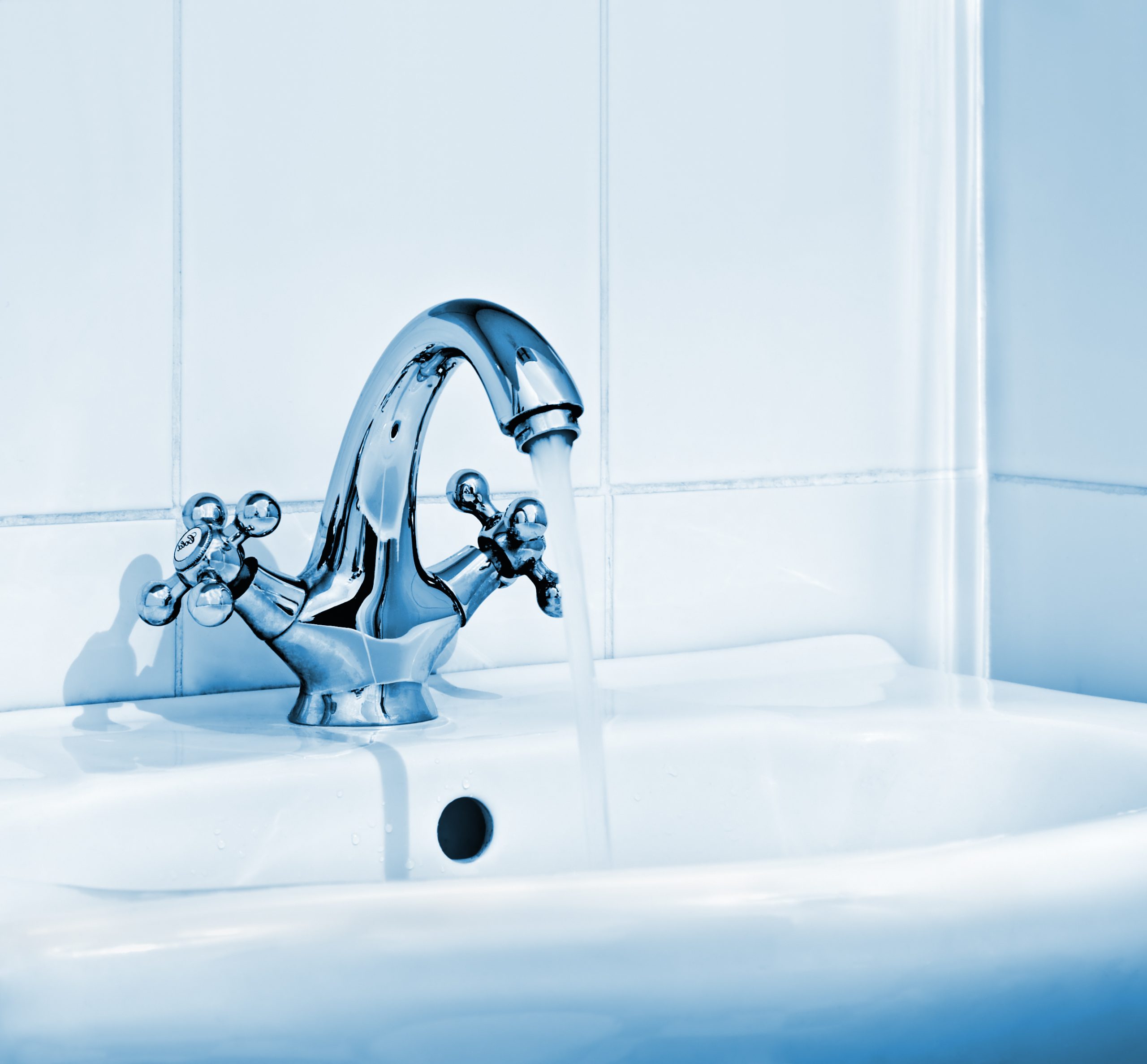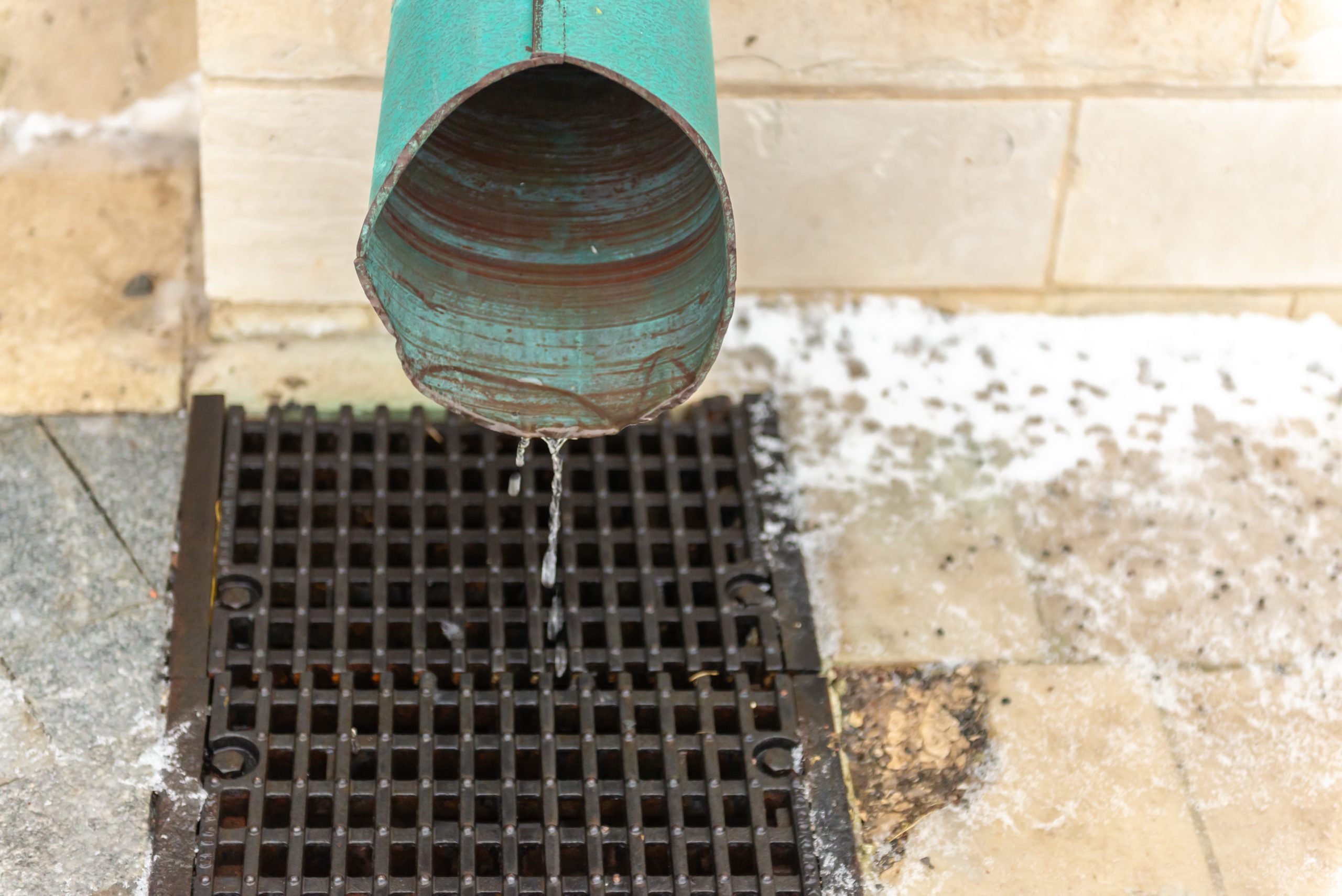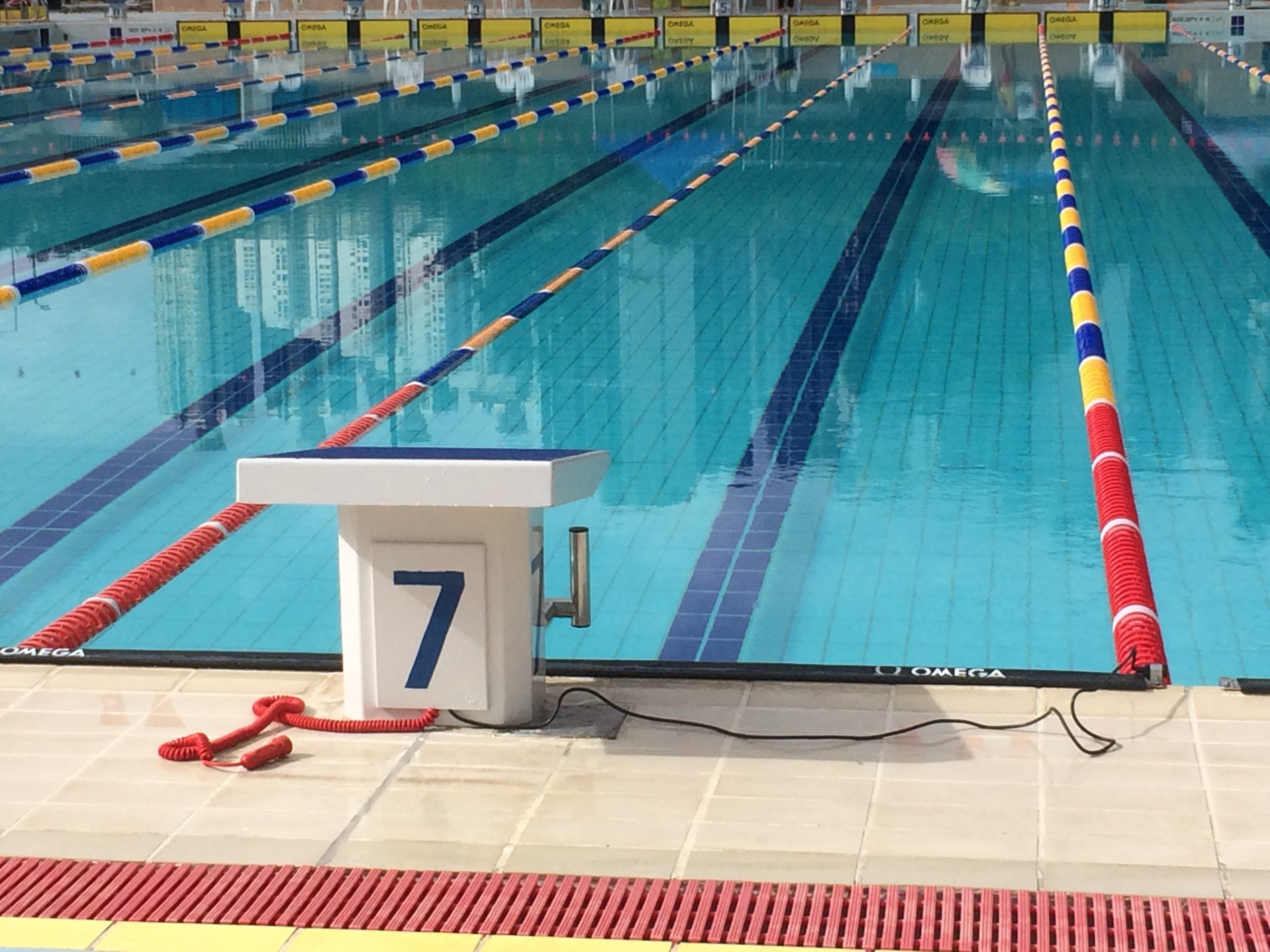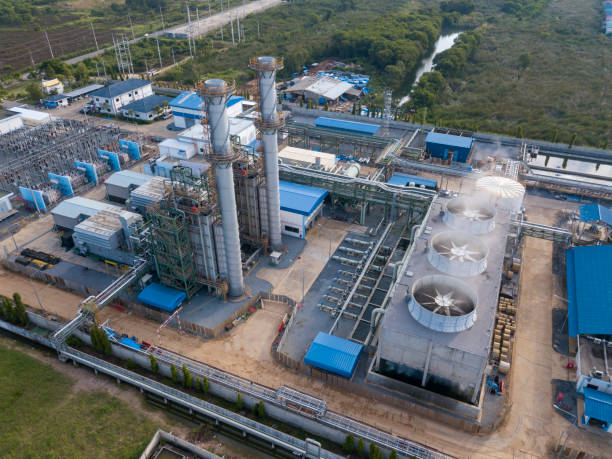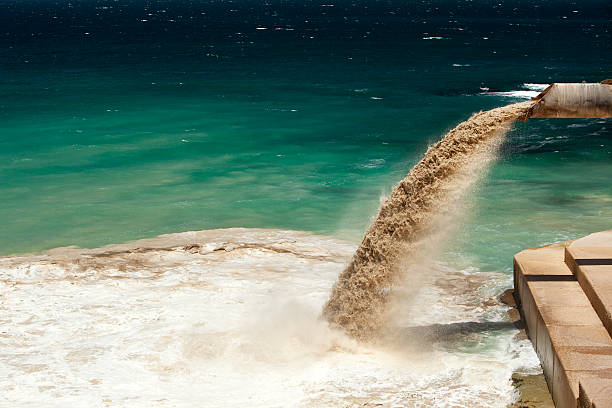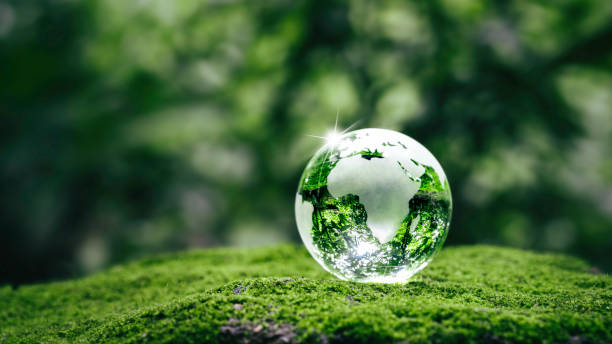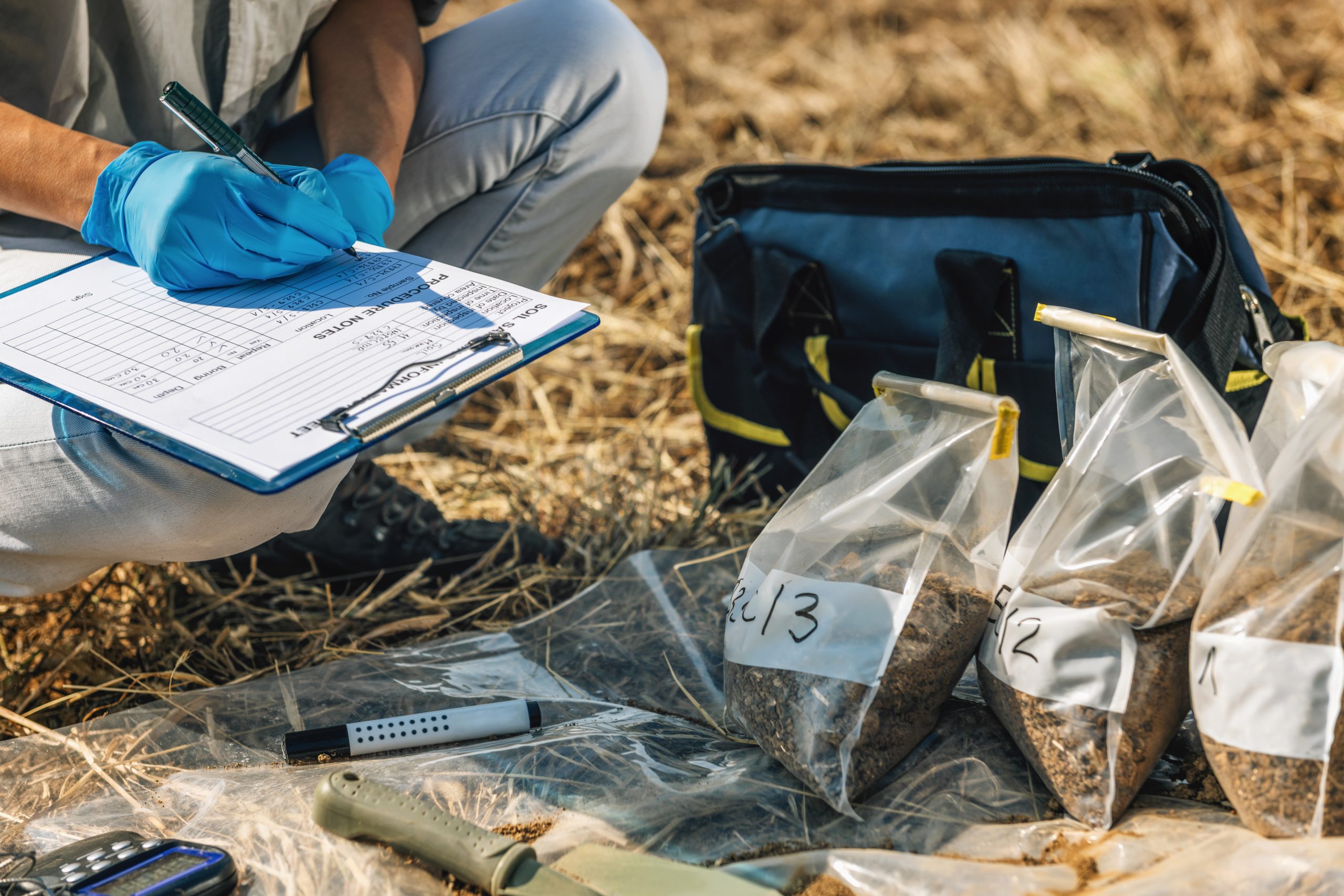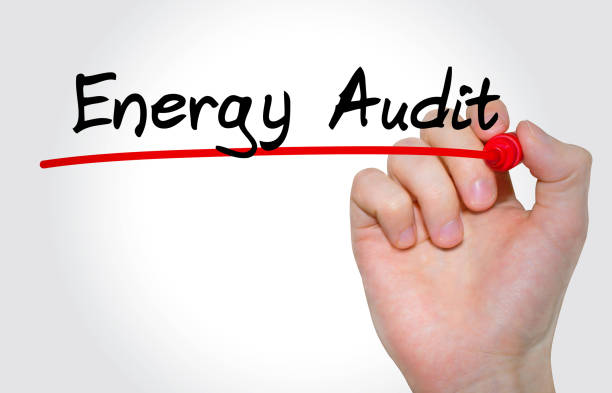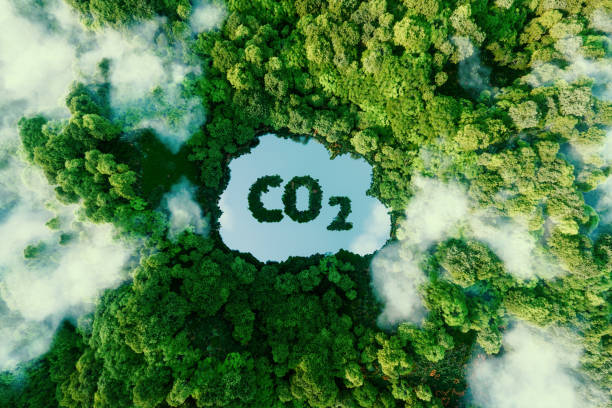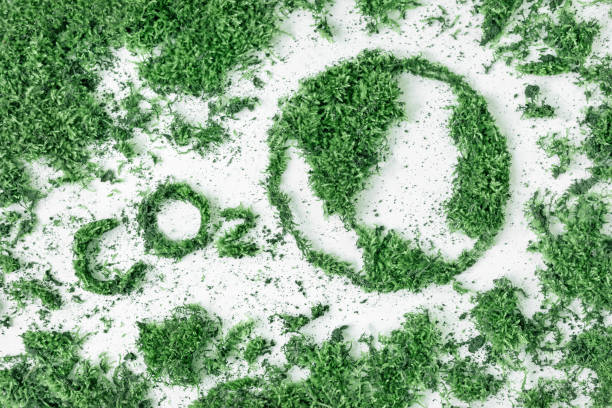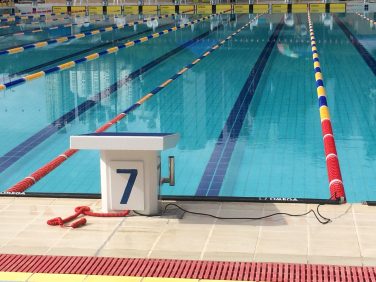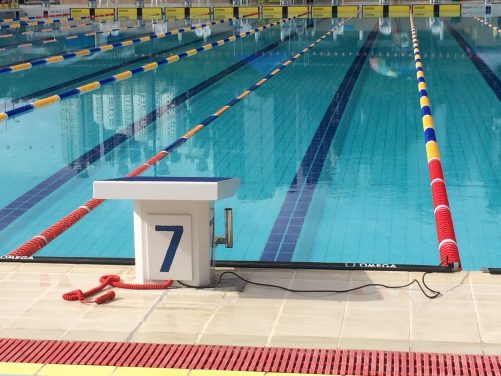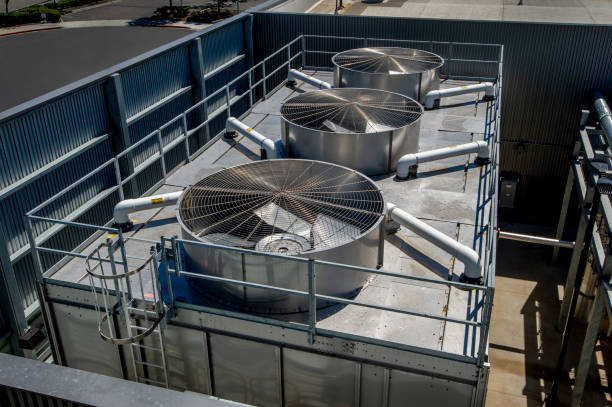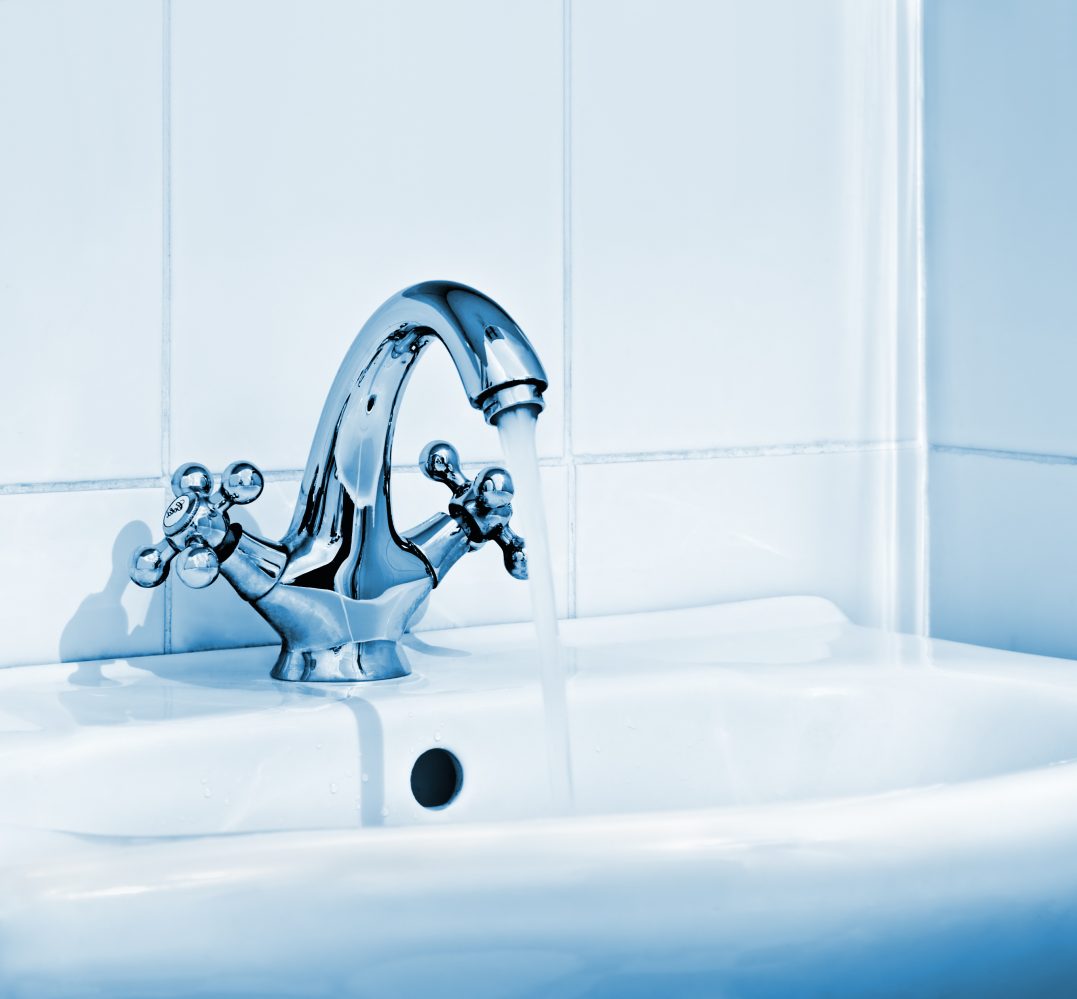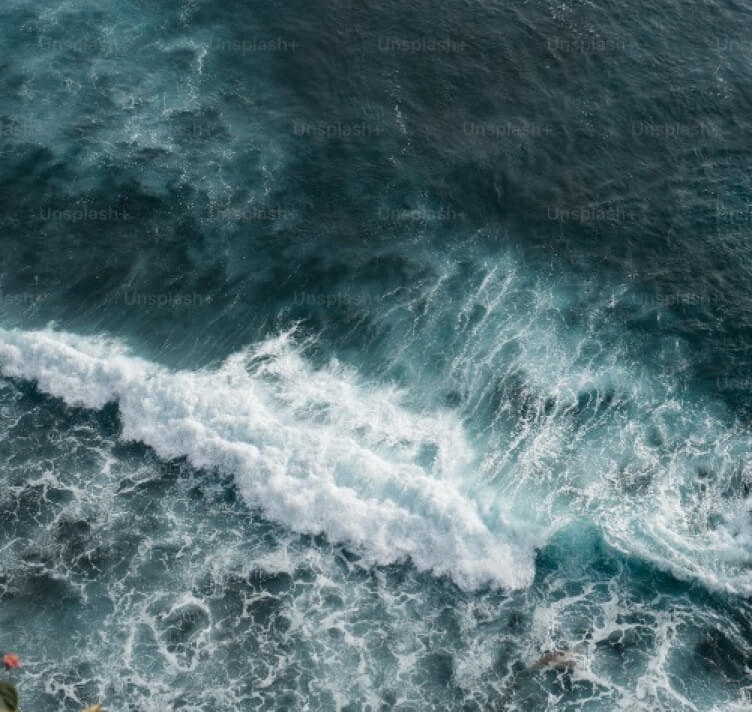There are numerous possible sources of contamination in swimming pools. Among the most frequently detected contaminants, microorganisms are the majority and that quite often brought in by the users of pools. As known, insufficiently cleansed swimming pool water can harbor a wide variety of bacteria. These bacteria also can get into pool components, such as air conditioning and ventilation systems for indoor pools, and be transferred to other wet surface areas near the pool, such as restrooms, showers, or transfer from the pool to a spa or hot tub.
Pool water in all public swimming pools in Hong Kong is continuously filtered and sterilized throughout the opening hours. The water quality is always closely monitored on the spot as well as by regular laboratory tests. CMA Testing provides swimming pool water testing services in accordance with the Hong Kong Swimming Pools Regulation, Cap. 132CA.
The acceptance standards for water quality are listed below.
- Turbidity (NTU) : < 5
- Free residual Chlorine : 1-3ppm
- Colour (HU) : < 5
- Parameters : Requirements
- Bacteriological Quality
- E. Coli (cfu/100ml) : Absent in 100ml
- Total Bacterial count (cfu/ml) : < 200
- Vibrio Cholerae (cfu/100ml) : Absent in 100ml
In addition, hot spa, Jacuzzi or hot spring that is not properly maintained can provide suitable environment for the growth of harmful bacteria and cause major hazards to the public’s health. For example, Legionella pneumophila. These are found naturally in freshwater environments and human-made water systems such as plumbing systems, cooling towers, and decorative fountains. The bacteria can grow and multiply in a building water system, water containing Legionella can spread in droplets or mist small enough for people to breathe in. It poses risk to users especially for elderly to infect Legionnaires’ disease. Therefore, regular laboratory testing is essentially to ensure the absence of Legionella. CMA Testing provides spa water analysis including Legionella testing to ensure the safety of users.





